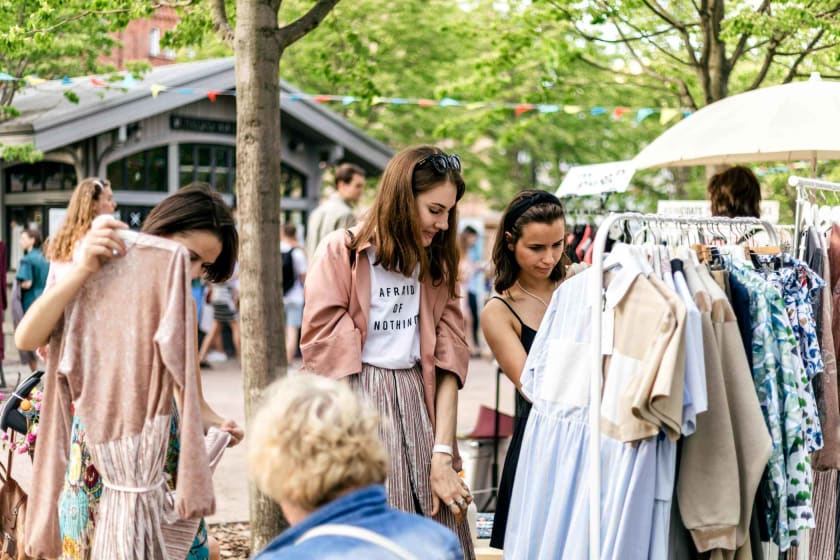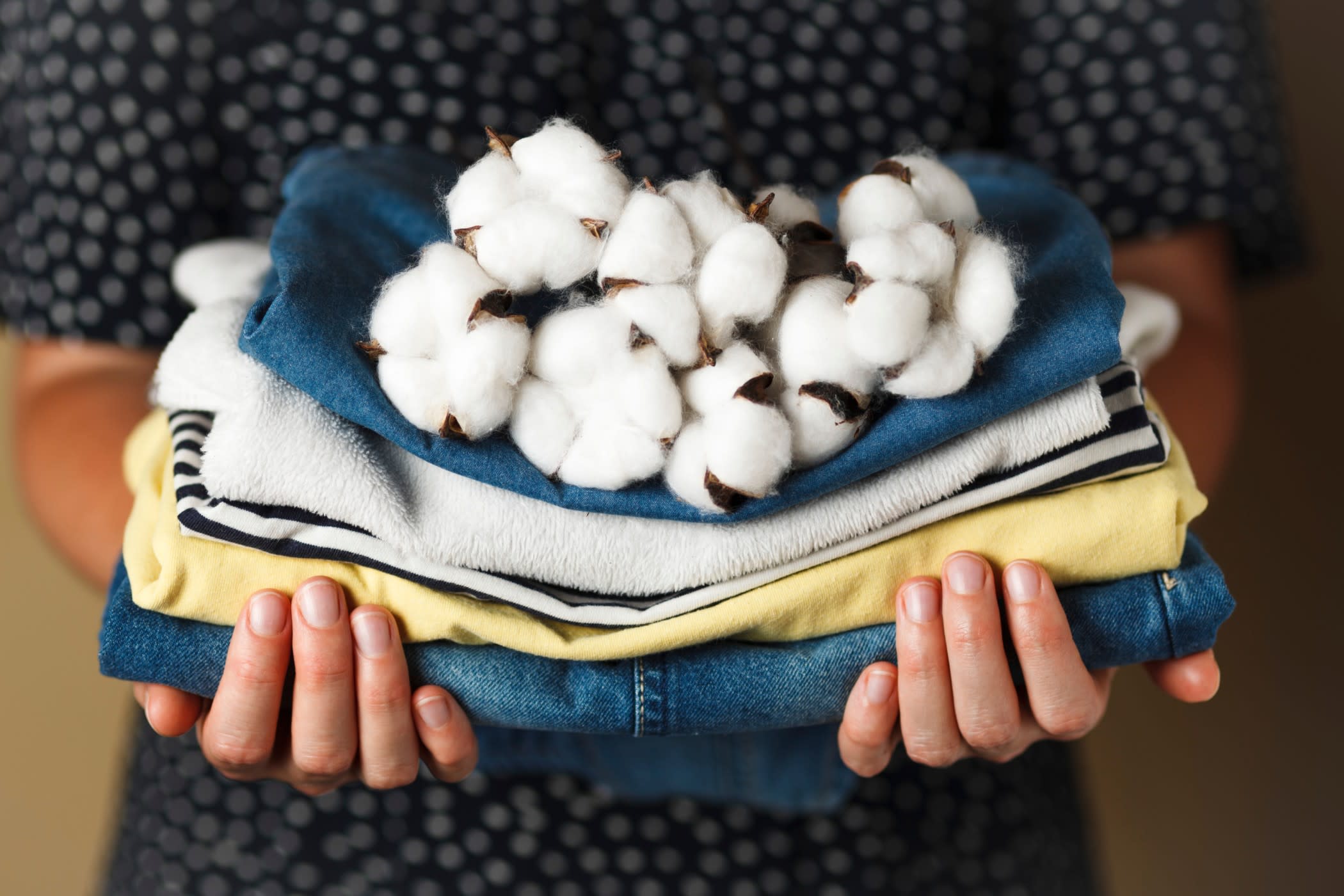Thrifty & Eco-Friendly: How Second Hand Fashion Can Help the Environment



Thrift shopping at used clothing stores, consignment shops, rummage sales, and online used-good directories isn't only for hipsters and environmentalists; it's a realistic option for anybody wanting to be green in modest ways. Used clothing has a lower environmental effect since they minimize CO2 emissions, pesticide and fertilizer usage, and the waste of billions of liters of water that would have been used to make new clothes.
How second-hand fashion can help the environment?
- Reduces carbon footprint
Clothing production consumes a lot of energy from the transportation of raw materials through manufacturing operations. Then there's the effort involved in getting finished garments to used clothing stores and getting rid of undesirable goods. When you buy second hand clothes online, you are saving energy and materials that would otherwise be wasted on the manufacture of new clothing.

Purchasing second hand clothes online or offline is an environmentally good practice, especially considering that the fashion industry is amongst the least environmentally sustainable in the world, wasting resources at every stage of manufacturing.
- Uses hazardous chemicals as little as possible
Cotton is the most common raw material used in the production of textiles and clothing all over the world. Unfortunately, growing it needs a lot of water, herbicides, and fertilizers. Up to 3 kilograms of chemicals are required to produce 1 kilogram of cotton used in the clothing and textile industry for garment manufacture.
Cotton manufacturing uses a lot of pesticides, which causes soil acidification and water pollution. Harmful dyes, caustic soda, and crude oil by-products are also used in textile manufacture. These chemicals are typically deposited near manufacturing facilities, polluting surface and groundwater via soil runoff.
Groundwater and rivers are contaminated by these very hazardous man-made substances. Furthermore, they pollute huge swaths of land, wreaking havoc on ecosystems, workers' health, and communities. It's unrealistic to believe that humankind would completely abandon rapid fashion and materialism. New regulations that encourage greater second-hand shopping, on the other hand, have the potential to significantly cut the use of dangerous chemicals.
- Boosts savings

Clothes and household items may be costly, especially if you purchase from transparent, sustainable companies that have well-controlled supply chains. By buying second hand clothing, you may stretch your budget even farther. Every brand, size, style, and color conceivable may be found at used clothing stores. While shopping vintage or visiting a selected thrift shop might put a hole in your pocket, the ordinary thrift excursion yields lovely treasures for a fraction of the cost.
- Discover some luxury brands at affordable costs
Thrift shops are usually filled with luxury items and clothes at unimaginable prices. Some people supplement their income by selling their vintage luxury clothing and accessories. Not only can you save money by buying second hand clothes online or offline, you can also find an item you would cherish all your life. You can also use a gift card at a used clothing store to buy products that you can only view online and that are not in your budget.
Buying second-hand clothing or items from a thrift store, rather than buying new, increases the life cycle of that garment or item, which is a great way to reduce waste contamination.
- Extends the useful life of a product
Reusing items ensures that we get the most out of them. Whether you can't afford a brand-new item or care about the environment, make it a practice to buy second hand. They make this item useful whether you are purchasing it to use, donate, or give it to someone. When buying something for yourself, handle it with care. Please keep the item in good condition so that you can resell it or give it away later. Whichever you choose, the reuse and recycling process will continue, reducing the number of items that end up in landfills.
Conclusion
Given the current state of frugality on the Internet, the culture has piqued the curiosity of the younger generation. Although limited to a small group online in India, the culture of saving has gained popularity in recent years.
Second-hand fashion will aid in environmental preservation, and Fashinza could be your choice to save the environment. Fashinza is a business-to-business (B2B) clothing manufacturing platform. We link garment manufacturers with vendors to help them produce their collections. From concept to delivery, Fashinza oversees the whole production process. We allow companies to place production orders for their collections and have them delivered, with the ability to track, interact, and pay for them all along the route.
To know more, contact us today!



















